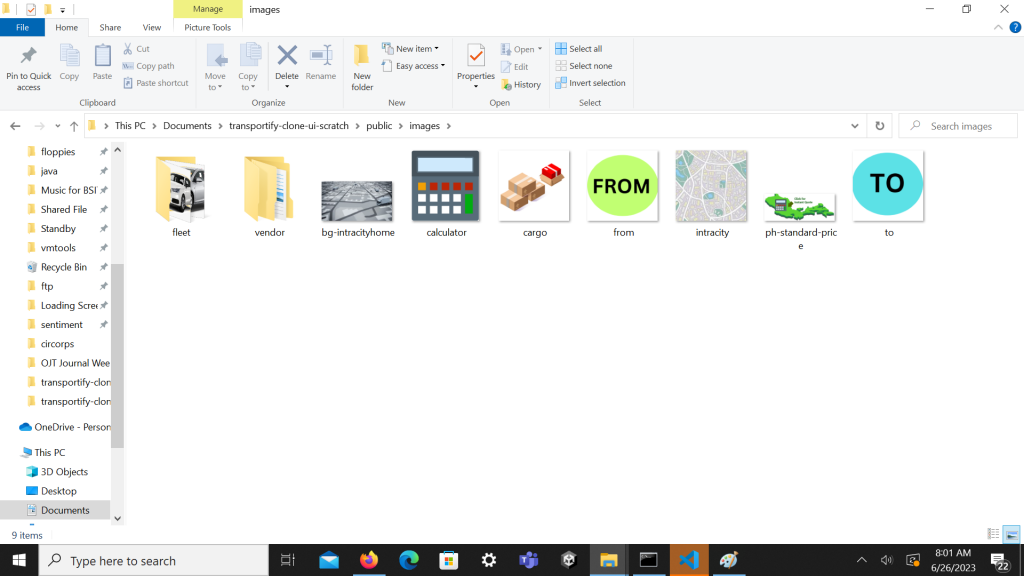In today’s digital landscape, visual content has become an integral part of web applications and user experiences. Whether it’s showcasing products on an e-commerce site, sharing memories on a social media platform, or presenting a portfolio of creative work, the ability to display images effectively is crucial.
Laravel and Vue.js, two powerful technologies in their respective domains, come together to provide a seamless and efficient solution for displaying images in web applications. Laravel, a robust PHP framework, offers an elegant and organized backend structure, while Vue.js, a progressive JavaScript framework, provides a flexible and interactive frontend.
1. First, Open the Laravel-Vue project file and save those images on public/images folder



2. Second, Calling the images or displaying them on laravel-vue
Furthermore, the basic code sample shows below is displaying images on vue and css.
<template>
<v-img src ="/images/pic.png"></v-img>
<img src ="/images/pic.png">
<img src ="/images/fleet/pic.png">
<div class = "bg-img">
</div>
</template>
<style scope>
.bg-img {
background-image: url('/images/pic.png');
}
<style>In the given code snippet, we have multiple examples for displaying images in a Vue template. Here’s an explanation of the code:
The <template> block contains several image display examples. Firstly, we have:
<v-img src="/images/pic.png"></v-img>: This utilizes the Vue Material component<v-img>to display the image located at/images/pic.png.
In addition to that, we have two standard HTML <img> tags for image display:
<img src="/images/pic.png">: This tag displays the image located at/images/pic.png.<img src="/images/fleet/pic.png">: Similarly, this tag displays an image located at/images/fleet/pic.png.
On the other hand, we have a <div> element with the class bg-img that sets a background image using CSS:
<div class="bg-img"></div>: This empty<div>element with the classbg-imgsets thebackground-imageproperty to the URL/images/pic.png, resulting in the selected elements having the specified image as their background.
In summary, the provided code demonstrates various approaches to display images in a Vue template. Firstly, we utilize the Vue Material component <v-img>, followed by HTML <img> tags for direct image display. Additionally, we have a CSS-based approach using a <div> element with a specified background image.
